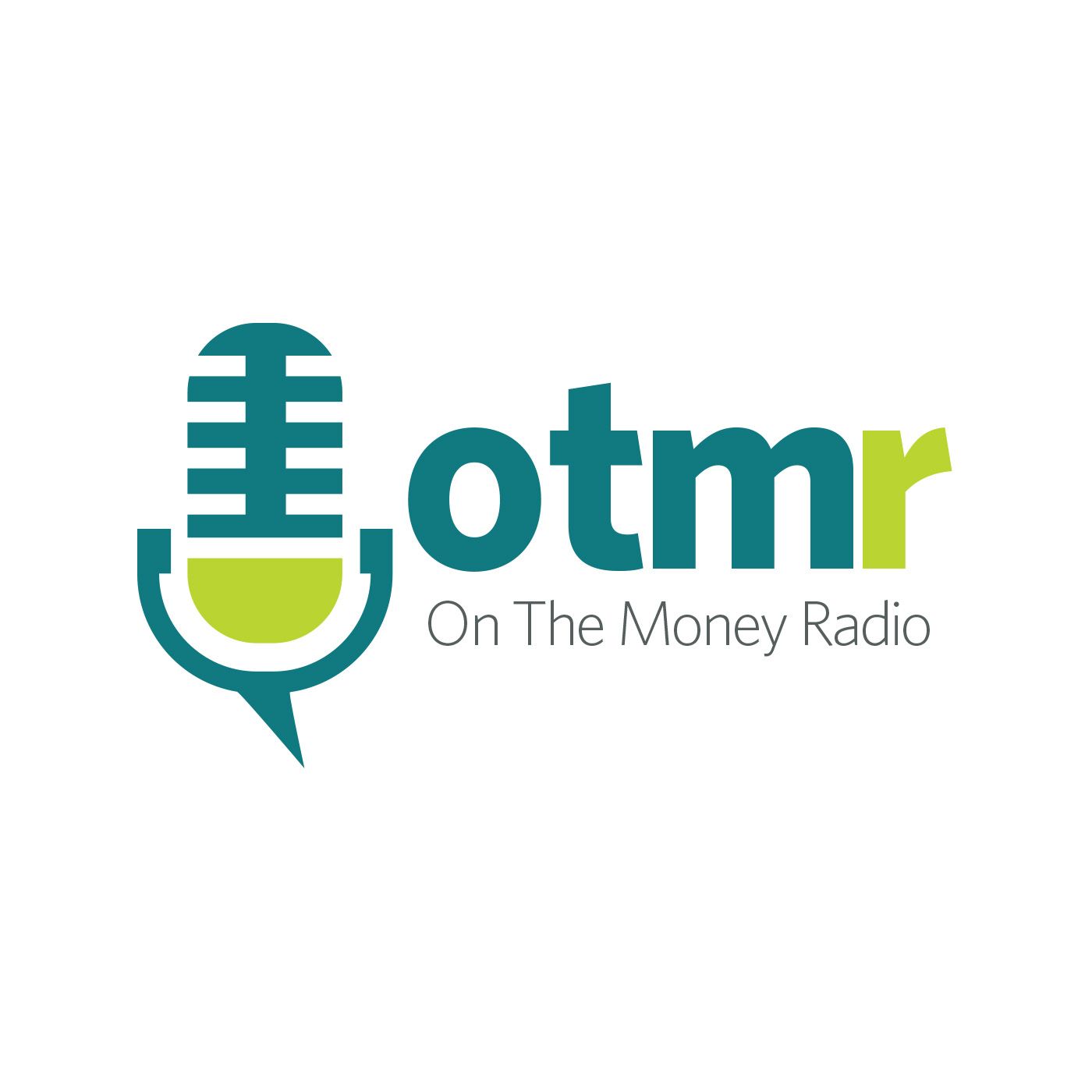How To Dig Yourself Out Of Debt

As you know, debt is just another term for money that you borrow and need to pay back to someone.\xa0 Typically, you have to pay back with added interest and the rate that you pay is determined by factors such as your credit rating and whether the debt can be backed by assets, such as your car or house, which are called collateral. The better your rating and the better the assets, the lower the rate.
There are times\u2014especially when interest rates are low, as they are now\u2014when it simply makes more sense to borrow to make a purchase, instead of paying cash. If you purchase a house and pay 3.5% for a mortgage or a car (paying next to nothing, really), then you most likely want to borrow the money rather than pay cash.
Moreover, most Americans simply do not have the spare cash laying around to make these big purchases, so they do have to resort to borrowing. Debt is essentially a reality for most of us, whether it be for a home, a car, appliances, student loans, or something else.
As a matter of fact, an analysis of the Federal Reserve and government data shows that Americans collectively owe a whopping $712 billion on their credit cards, which is about $15,400 per average household, with that average household paying $6,700 in interest on all their debt each year. That eats up 9% of the average household income.
Inevitably, most Americans find themselves in debt at some point in their lives. Ideally, if you are careful about taking on debt your monthly debt-related payments will be well within your monthly paycheck. At other times, your debt level might be just high enough to make you uncomfortable or, at worst case, might become a crushing, sleep-stealing weight that you just can't handle anymore.
Four Ways to Get Out of Debt
I want to talk about 4 ways to get out of debt. Small or big, there are basically only 4 ways\u2014from penny pinching on one end of the spectrum to bankruptcy on the other, and the right method will depend on your circumstances.
All of them have this first step in common, and that's building a realistic budget. Many people don't have a great handle on where their money goes. To free up money to pay bills, you have to first see what kind of money is available. The best way to do that is by tracking your spending for a few weeks, maybe a few months. That's not so hard because there are plenty of online tools and mobile applications that can help you get a true picture of your finances and show you those areas where you can cut back on your spending so you can start paying your bills off steadily.
By the way, this the same for all, no matter how much money you have. With exception of the Warren Buffets or the Mark Zuckerbergs of the world, everyone has limited resources, whether it be millions, thousands, or hundreds. Each of them has to allocate their resources and spending based upon these limitations. For those with relatively small debts, the simple belt tightening might be all that is needed to free up the money to pay off the credit card balance.
Online tools such as the payoff calculator at creditcards.com can tell you how long it will take to pay off your debt under various scenarios. Try the one at creditcardfinder.com, which allows users to input information for up to 9 credit cards and then obtain a ranking of which cards to pay off first. That is pretty cool.
Some of you may have money saved in retirement or in investment accounts and may be tempted to break into those to pay off debt. But think again\u2014not only will you lose hard won savings, but you will also miss out on any gains you might have made in the stock market, thereby compromising your retirement security.
Be aware that you'll have to pay a tax penalty if you withdraw from a 401K or an IRA before age 59 and 1/2. I dislike this approach because it doesn't impose an...